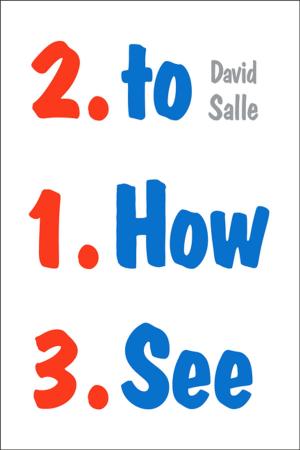| Author: | Stephen Greenblatt | ISBN: | 9780393634587 |
| Publisher: | W. W. Norton & Company | Publication: | September 12, 2017 |
| Imprint: | W. W. Norton & Company | Language: | English |
| Author: | Stephen Greenblatt |
| ISBN: | 9780393634587 |
| Publisher: | W. W. Norton & Company |
| Publication: | September 12, 2017 |
| Imprint: | W. W. Norton & Company |
| Language: | English |
**“Endlessly illuminating and a sheer pleasure to read.” —Jack Miles, author of God: A Biography
Daring to take the great biblical account of human origins seriously, but without credulity**
The most influential story in Western cultural history, the biblical account of Adam and Eve is now treated either as the sacred possession of the faithful or as the butt of secular jokes. Here, acclaimed scholar Stephen Greenblatt explores it with profound appreciation for its cultural and psychological power as literature. From the birth of the Hebrew Bible to the awe-inspiring contributions of Augustine, Dürer, and Milton in bringing Adam and Eve to vivid life, Greenblatt unpacks the story’s many interpretations and consequences over time. Rich allegory, vicious misogyny, deep moral insight, narrow literalism, and some of the greatest triumphs of art and literature: all can be counted as children of our “first” parents.
**“Endlessly illuminating and a sheer pleasure to read.” —Jack Miles, author of God: A Biography
Daring to take the great biblical account of human origins seriously, but without credulity**
The most influential story in Western cultural history, the biblical account of Adam and Eve is now treated either as the sacred possession of the faithful or as the butt of secular jokes. Here, acclaimed scholar Stephen Greenblatt explores it with profound appreciation for its cultural and psychological power as literature. From the birth of the Hebrew Bible to the awe-inspiring contributions of Augustine, Dürer, and Milton in bringing Adam and Eve to vivid life, Greenblatt unpacks the story’s many interpretations and consequences over time. Rich allegory, vicious misogyny, deep moral insight, narrow literalism, and some of the greatest triumphs of art and literature: all can be counted as children of our “first” parents.















